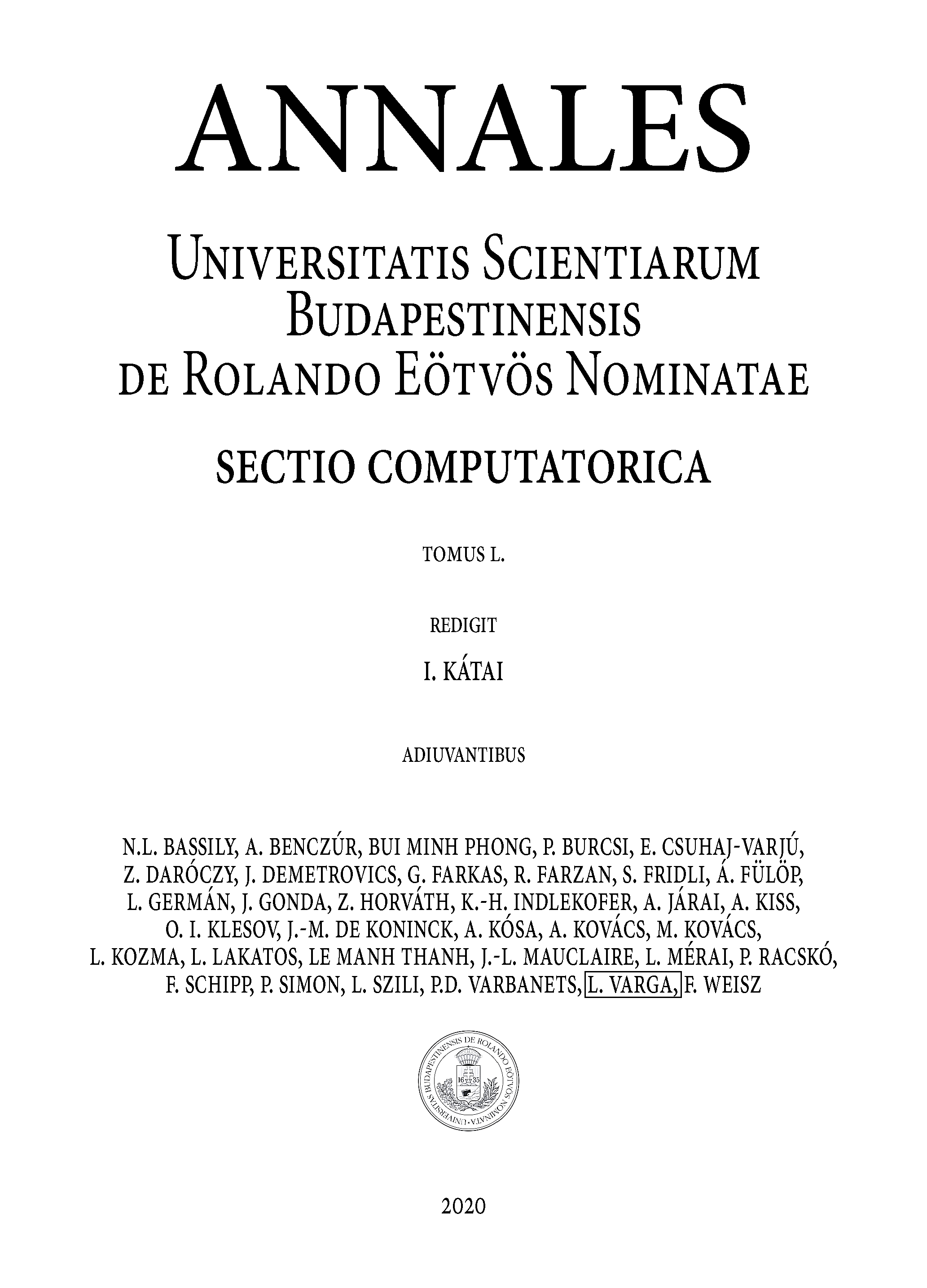https://doi.org/10.71352/ac.50.283
Local limit theorems for Poisson's binomial in the
case of infinite expectation
Abstract. Let \(V_{n} = X_{1,n} + X_{2,n} + \cdots + X_{n,n}\) where the \(X_{i,n}\)'s are Bernoulli random variables which take the value \(1\) with probability \(b(i;n)\). Let \(\lambda_{n} = \sum\limits_{i=1}^{n} b(i;n)\), \(\lambda = \lim\limits_{n \to \infty} \lambda_n,\) and \(m_n = \max\limits_{1 \leq i \leq n} b(i;n)\). We derive asymptotic results for \(P(V_{n}=k)\) that hold without assuming that \(\lambda < +\infty\) or \(m_n \to 0\). Also, we do not assume \(k\) to be fixed, but instead, our results hold uniformly for all \(k\) which satisfy particular growth conditions with respect to \(n\). These results extend known Poisson local limit theorems to the case when \(\lambda = +\infty\). While our results apply to triangular arrays, without the assumption that \(m_n \to 0\) they continue to hold for sums of Bernoulli random variables. In this setting, our growth conditions cover a range of values for \(k\) not centered at \(\lambda_n\), thus complementing known local limit theorems based on approximation by the normal distribution. In addition, we show that our local limit theorems apply to a scheme of dependent random variables introduced in the work of B.A. Sevast'yanov.
Key words and phrases. Local limit teorem, Poisson distribution, infinite expectation, weak convergence.
Full text PDF
 ELTE Eötvös Loránd University
ELTE Eötvös Loránd University